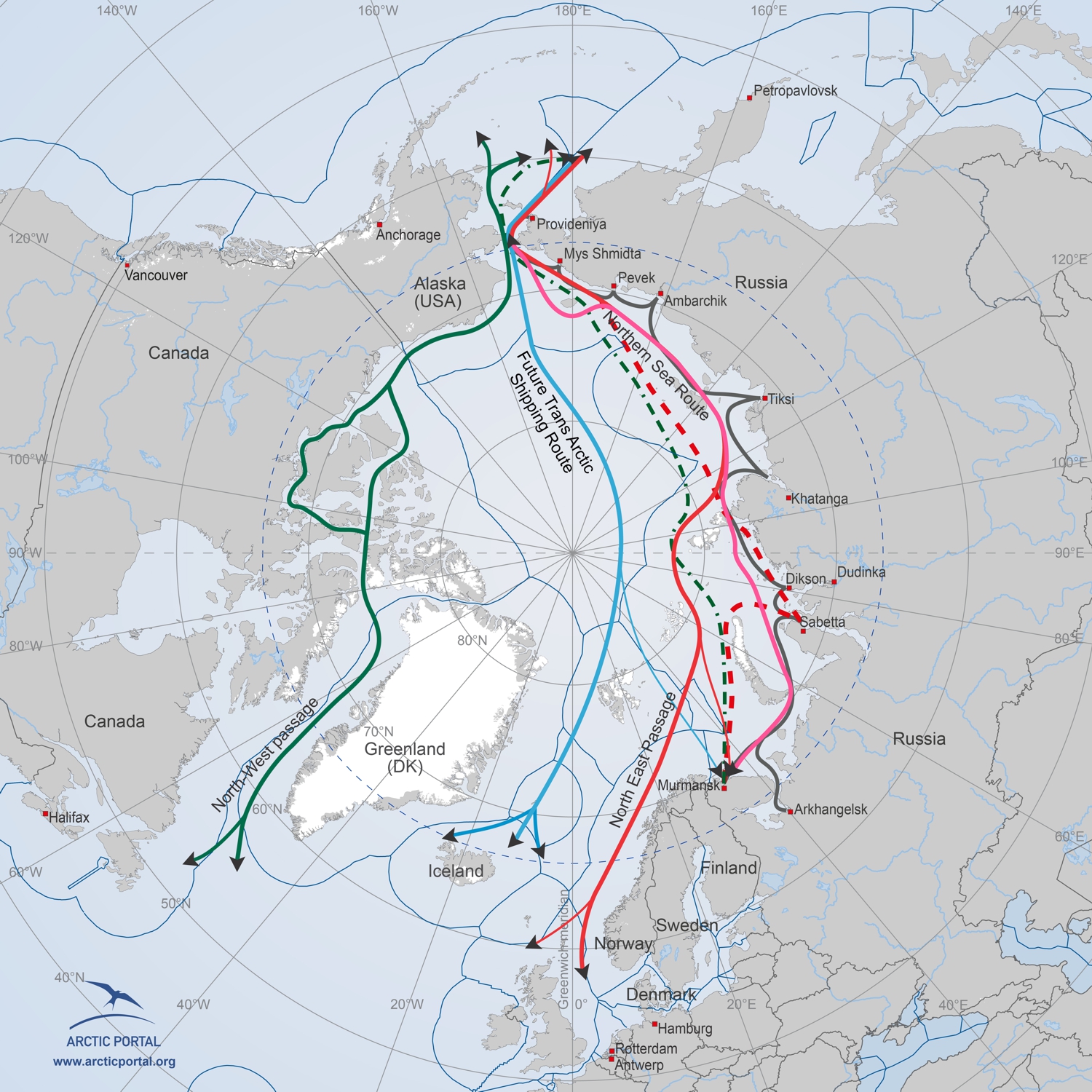Russia's State Duma deputies approved on 25 July a northern freight deliveries bill aiming to create a legal and organizational framework for northern freight deliveries to societies along the Northern Sea Route, NSR, in the Russian Arctic. The aim is to provide additional opportunities to accelerate modernization of transport infrastructure in the Arctic.
This development is very interesting and important as a component in the further development and utilization of the NSR. It is also highly important in the support of sustainable development of Northern and Arctic societies, aiding the opportunities and welfare of their people under extreme and often inhumanly harsh environmental conditions.
Today the Northern Delivery covers 25 regions of Russia with a population exceeding 3 million people. Annual cargo is about 3.4 million tons.
Core innovations of the new bill include:
- Creation of a unified system for managing Northern Delivery with the Ministry for the Development of the Russian Far East and Arctic as coordinator;
- Creation of a digital monitoring system;
- Introduction of mechanisms to regulate prices for cargo transportation of priority cargo.
This law is among the most important steps to improve the system for delivering cargo of vital importance to the Arctic regions. With the active participation of parliamentarians and Northern residents, not least input from the Republic of Sakha (Yakutia) and the Yamal-Nenets Autonomous Area, a legal framework has been created for the introduction of new mechanisms that will reduce the cost of goods for the Far North residents. It will reduce delivery time and increase the reliability of supplies, said Alexey Chekunkov, Minister for the Development of the Russian Far East and Arctic.
The government submitted the bill to the State Duma this past February. The document defines northern freight deliveries as a combination of measures and financial mechanisms for ensuring regular and uninterrupted deliveries to Extreme North territories and to other areas having the same status and limited delivery times. The government drafted the bill, as instructed by President Vladimir Putin.
The bill stipulates such concepts as territories eligible for northern freight deliveries and territories with limited delivery times. The government will approve a list of these territories in accordance with proposals by top regional officials.
The bill clearly delimits the prerogatives of federal, regional and municipal authorities in this sphere. It states expressly that the Ministry for the Development of the Russian Far East and Arctic shall act as the joint federal northern delivery coordinator. The document also introduces the concept of a unified merchant marine northern delivery operator. The government shall select a legal entity to facilitate regular northern freight deliveries between seaports for a period of 15 years. The government shall also set the launch date of the above-mentioned operator’s work no later than January 1, 2026.
Additionally, the bill aims to establish a federal state information system for monitoring northern deliveries. According to its authors, the system will process and analyze data on northern deliveries, monitor freight traffic routes and expose possible delivery delays on time. The Ministry for the Development of the Russian Far East and Arctic or any other organization subordinate to it could operate the new information system.
Source: Arctic Century & The Arctic

